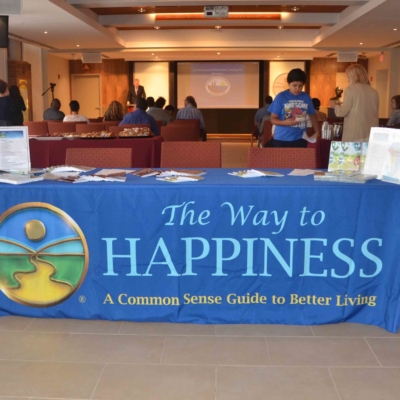While most individuals are familiar with the phrase that money cannot buy happiness, it may very well be that few individuals truly believe or understand this. When the more challenging and difficult parts of life are giving one considerable trouble, it can be easy to think that if one only had “this” or “that”, things would be much easier for them. It always seems that one could do more or have more if they only had more money, which causes many people to focus on their financial status as a means to improve their overall health and happiness. However, when one actually experiences true and lasting happiness, they normally discover that it has absolutely nothing to do with the money or other “things” they have. Rather it seems to have everything to do with living honestly and achieving one’s goals.
An Honest Life
It’s an easily observable fact that much happiness is derived from overcoming the various barriers and difficulties that one encounters in their life. This can be seen quite simply if one considers a child who is easily walking around all the time–he may not necessarily be happy as a result of his ability to walk. But the toddler who has just figured out how to properly balance his body and walk on his own is absolutely thrilled with this accomplishment, and rightfully so. Needless to say, the toddler would not experience the same level of happiness if he was being assisted to walk by someone or something else. While this is quite a simple example, the fact is that life in general is much the same–it is the honest achievement of a goal, over some sort of barrier, that brings about true happiness.
Dishonesty can come in many forms, from altering and withholding communication from others to more outright dishonest acts, like theft and robbery, that are against the basic agreements and laws of the group and society. An individual who lives dishonestly may feel that this enables them to more quickly get the many things they desire in their life, but they will often feel hollow and dissatisfied as a result of their actions, even if they refuse to admit this openly. They live a generally lower quality of life because they know they have not earned those things which they have, and they are usually in constant fear of having their things taken from them and of being found out.
When an individual lives honestly, they are generally happier in their life because they know that they are both surviving well on their own as well as contributing to the survival of others around them. They may have to work much harder for much longer, but they are not then in fear of having things taken from them or being found out. They are better able to set goals, predict problems and overcome them along the way. They feel satisfied, valuable and important, and this can actually help to improve their overall health and well-being as a result.





